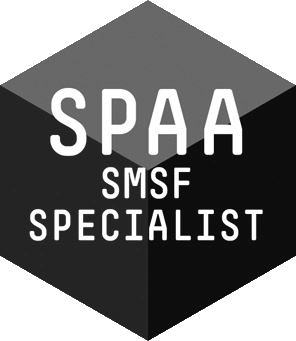As the end of financial year approaches many Australians scramble to gather receipts and check payslips in preparation for the lodgement of their individual tax returns. But amidst the rush to get your shoebox ready for your tax agent or lodge your return personally online before the October 31 deadline, it’s easy to miss legitimate tax deductions that could boost your refund or reduce your payable tax.
Here are some commonly overlooked deductions you might be entitled to claim on your individual tax return.
1. Home Office Expenses (Even if You’re Not Fully Remote)
With hybrid work now common, even part-time work from home can entitle you to deductions. The ATO allows several methods for calculating home office expenses:
- Fixed rate method (use 70 cents per work hour for 2024-25 and use 67 cents per work hour for 202-23 and 2023-2024): Covers energy, internet, phone, stationery, and computer consumables.
- Actual cost method: Requires detailed records but can result in a higher deduction for those with high usage or dedicated home office setups.
Tip: You must keep a record of hours worked at home, not just an estimate.
2. Union Fees and Professional Memberships
If you're a member of a trade union or professional body relevant to your job (like CPA Australia, the CFMEU, or the Australian Nursing and Midwifery Federation, etc.), you can claim these annual fees in full.
3. Self-Education Expenses
Courses or studies that directly relate to your current job may be deductible. This includes:
- Course fees (not if paid via HECS/HELP)
- Textbooks and stationery
- Internet usage
- Travel costs between work and study
Be cautious: You can't claim if the education is intended to help you get a new job.
4. Tools, Equipment and Protective Gear
- Full cost (if under $300)
- Depreciation (if over $300)
This applies particularly to tradies, landscapers, and other physical labourers.
5. Phone and Internet Usage for Work
If you use your personal phone or internet for work purposes (e.g., calling clients, emailing, researching), you can claim a portion of the cost.
You'll need to keep records for at least 4 weeks to show your usage pattern. The ATO allows a reasonable percentage claim if documented properly.
6. Vehicle and Travel Expenses (Not Commute)
Daily commuting is not deductible, but if you use your car for work-related tasks (like visiting clients or travelling between job sites), you can claim:
- Cents-per-kilometre method (up to 5,000 km)
- Logbook method (for higher usage and claims)
Public transport, taxis, and even overnight accommodation may be deductible if related to work travel.
7. Donations to Registered Charities
Genuine donations over $2 to registered deductible gift recipients (DGRs) are tax-deductible. Make sure you have a receipt, and the charity is registered — not all causes are eligible.
8. Tax Agent Fees
The cost of preparing last year’s tax return (including using a registered tax agent or accountant) is deductible in the current year.
9. Income Protection Insurance
If you pay premiums for income protection insurance outside your superannuation fund, you can claim these as a deduction. Check your policy structure to confirm eligibility.
10. Interest on Investment Loans
If you’ve borrowed money to invest (e.g., in shares or managed funds), the interest on that loan may be deductible — even if the investment doesn’t currently generate income, as long as it's expected to in the future.
Final Thoughts
Maximising your refund means knowing what you’re entitled to — and keeping good records. The ATO’s crackdown on over-claiming means it’s just as important to avoid claiming incorrectly as it is to avoid missing deductions.When in doubt, consult a registered tax agent. A small fee now can mean a bigger refund — and peace of mind — later. Speak with one of our Tax Store agents today!
Our Management Credentials




